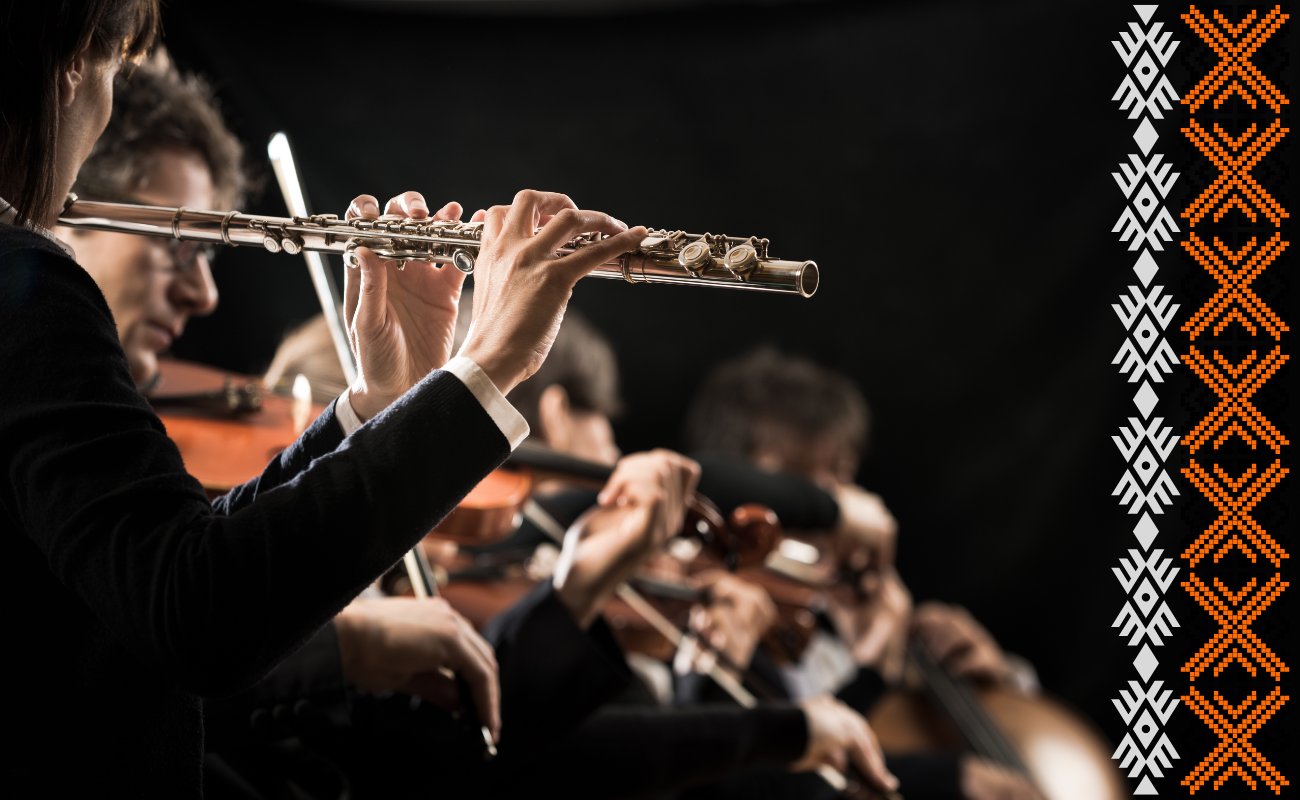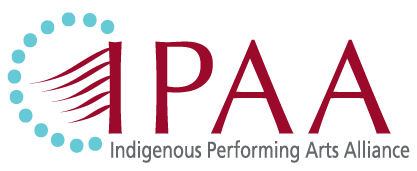
Open Letter from Indigenous Classical Musicians
An open letter from the second iteration of the Canadian Indigenous Classical Music Gathering
From December 1 – 15 2021 our collective gathered at the Banff Centre for the Arts and Creativity to further discuss, collaborate, and create as a group of Indigenous musicians, vocalists, and composers working within Western art music frameworks.
Since our inaugural gathering in 2019, we have seen the world change through the pandemic. Our initial statement was widely circulated throughout Canadian musical institutions. Our colleagues, allies, peers, and service organizations have increasingly sought our feedback as we seek to redress Indigenous experiences of racism within the classical music community and further share our stories and music. In extending this open letter, we hope we can continue to work together and invest in a better future for Indigenous youth who also seek to share their stories in this field.
To our valued collaborators: please understand that government funding for Indigenous arts is reserved for Indigenous peoples. This funding is a form of restitution issued at arms-length from the same governments that colonized us. Indigenous arts funding is the bare minimum in reparations following centuries of land theft and devastation, and stolen children into the clutches of residential and day schools and child welfare systems. If these traumas are not your immediate familial stories, access to these funds is not for you.
Working with Indigenous artists and our collective stories is an act of trust and responsibility. If we trust you as a collaborator, we value your artistry and integrity. Please do not violate that trust by feeling entitled to our few funding streams; if you are included on an Indigenous-funded project it is at the discretion of the lead Indigenous artists and not at your own initiative. Do not put our names on your funding proposals without our consent! To properly tell our stories in a manner that is respectful of our communities and our protocols, project planning takes time and open communication. A request for a letter in the 48 hours prior to a grant deadline is not appropriate. Neither is insisting on maintaining the same deliverable date when community or funding dynamics have shifted. We have work to share beyond June 21 and September 30! The process is the work.
Our numbers of Indigenous artists working within Western classical music frameworks remain disproportionately few, though we are grateful for the continuous growth of our musical families. Recognize that these low numbers are not for lack of ability or capacity, but due to multiple structural barriers that are in urgent need of addressing.
● Ageism – we often start our careers after the age of 24. We are rarely, if ever, on thirty
under thirty lists due to the multiple ongoing pressures within our extended families that
do not grant us the same level of mobility in pursuing our musical careers.
● Classism – the recommended career path for a classical musician remains to be
expensive private lessons beginning in pre-school, instruments costing tens if not
hundreds of thousands of dollars, costly summer camps, conservatory education,
graduate degrees, and un/derpaid internships. Though poverty is not a universal Indigenous experience, remember that 40% of Indigenous children in Canada live in poverty.
● Racism – We want to see a musical community that reflects the Canada that we live in.
Many of our ancestors signed treaties in the good faith that land and resources would be
shared equally and equitably. We affirm that Black Lives Matter, and extend our
concerns to rising rates of Islamophobia, anti-Asian racism, anti-Semitism, and
anti-immigrant sentiment. We recognize that many Indigenous peoples are multi-racial
and live within these intersections. Within our musical community there are many
harrowing experiences of racism both within Canadian society at large and specifically
within our musical institutions. This needs to change.
● Homophobia, transphobia and sexism – Especially as performers, we continue to face
sexist expectations in terms of concert attire and voice type. The colonial gender binary
remains stubbornly entrenched, at the pain and expense of our trans, Two-Spirit and
queer communities.
● Disability and mental health – As survivors of genocide, Indigenous mental health
outcomes are negatively impacted. Our families carry significant traumas, and there
needs to be more consideration for neurodivergence and trauma-informed practices,
especially when dealing with Indigenous stories. This includes protocols, mental health
resources, accessibility, and capitalistic workload expectations.
● Appropriation – We reaffirm our original statement on Indigenous Musical Sovereignty
(2019); Indigenous stories are best told by Indigenous peoples.
● Location – Our musicians and storytellers live on every inch of these beautiful lands.
Educational and performance opportunities are not equally distributed. We no longer
want to see that youth in Tuktoyaktuk, Tobique, and Tall Cree have any less opportunity
than those in Toronto.
We believe that with the support of our allies, collaborators, funding bodies, service
organizations, and educational institutions at all levels there is both the will and the capacity to
begin to improve outcomes for our musical community, and especially our Indigenous youth and
the generations to come. We ask that our concerns are heard with care and humility, and that
this work does not fall solely upon our shoulders.
For further reading, please see our Indigenous Musical Sovereignty (2019) statement issued
from our inaugural gathering.
Woliwon, miigwech, kinanâskomitin, mahsi cho, kiitamatsiin,
Andrew Balfour (Cree)
Cris Derksen (Cree-Mennonite)
Jeremy Dutcher (Wolastoq)
Michelle Lafferty (Tłı̨chǫ Dene)
Beverley McKiver (Anishinaabe)
Melody McKiver (Anishinaabe-Lithuanian-Scottish)
Jessica McMann (Cree)
Sonny-Ray Day Rider (Blackfoot)


